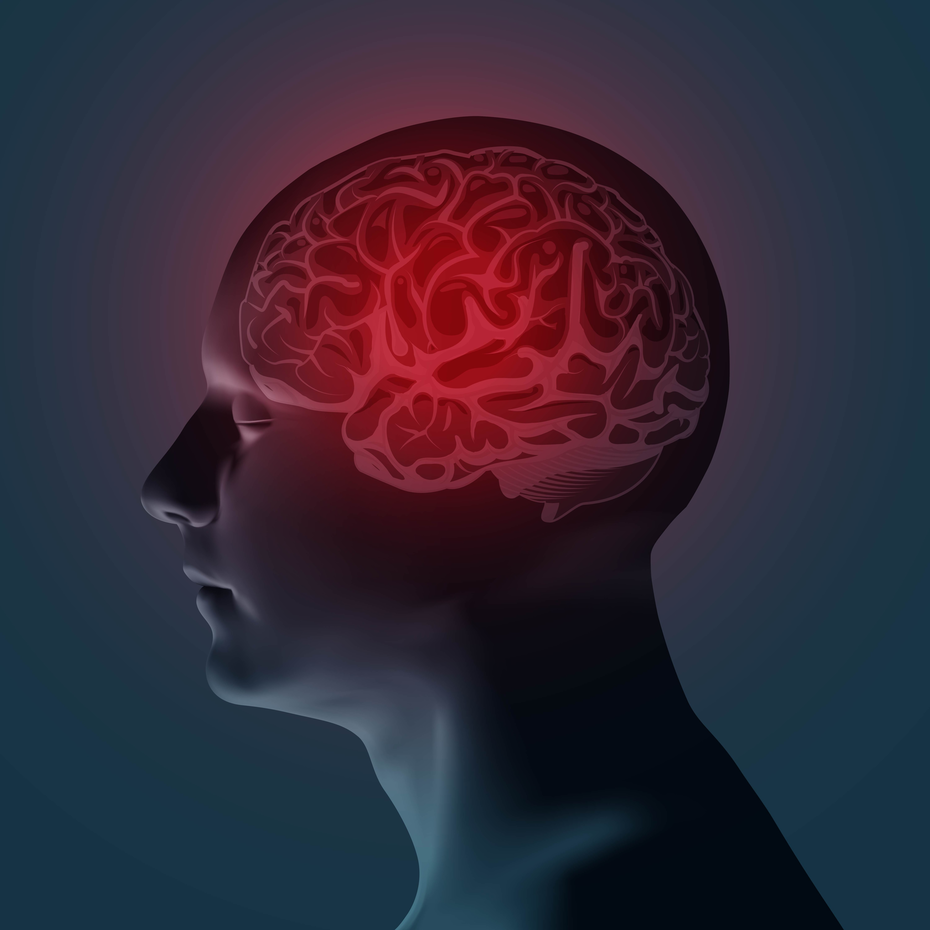Article
Antipsychotic Increase Could Harm Mentally Ill TD Patients
Author(s):
An 18-year cohort study of severely mentally ill Afro-Caribbeans reported conflicting advisory from current tardive dyskinesia standards.
An international 18-year-long cohort study of a Caribbean island’s entire inpatient population with severe mental illness found that current treatment recommendations for tardive dyskinesia (TD) might be wrong for severely mentally ill Afro-Caribbeans.

Charlotte Mentzel, MD, PhD, (pictured) a research fellow in the Department of Psychiatry and Psychology, Maastricht University Medical Centre, Netherlands, led the study team.
The study population consisted of all patients with severe mental illness treated at the only psychiatric hospital in the former Netherlands Antilles, the David R. Capriles Clinic in Groot Kwartier, Curacao. TD was very common in the population, Mentzel told MD Magazine.
Switching from a first-generation antipsychotic to a second-generation is usually suggested for treatment, but it did not have a significant clinical effect on TD severity in this study.
“Conversely, increasing the antipsychotic dose reduced TD severity in the long term — at least 2 to 3 years,” Mentzel said. “And starting first-generation antipsychotic treatment in unmedicated patients or switching from a second- to a first-generation antipsychotic both reduced TD severity by about half.”
Researchers also found that withdrawing all antipsychotic medication reduced the severity of parkinsonism in the study population with this movement disorder, and starting an antipsychotic agent with a high affinity for dopamine 2 (D2) increased it.
Mentzel noted the study has some “unique features.”
“The follow-up period was extremely long, and the dropout rate was very low because patients rarely moved off the island,” Mentzel said. “These features made the results representative of real-life outcomes in patients with severe mental disorders.”
To enroll in the study, patients had to be at least 18 years old, with cumulative exposure to antipsychotics of at least 3 months. Any patient with a history of movement disorders was excluded, as was any patient who had a lobotomy or a primary diagnosis of dementia or mental retardation.
Movement disorders and medication use were assessed in study subjects 8 times (usually annually) from 1992 through 2009. The same 2 raters measured TD severity by using the Abnormal Involuntary Movement Scale and measured parkinsonism severity by using the Unified Parkinson’s Disease Rating Scale.
In addition, the team categorized the antipsychotics patients used as first- or second-generation. They also noted whether the drug had high or low D2 affinity. Logistic regression was used to determine the effect of switching mediation within each axis of categorization.
As a result, the study team found a significant association between reduced TD severity and starting or switching to a first-generation antipsychotic. A similar association was also found for starting or switching to an agent with a high D2 affinity. Moreover, the study team further found an association between adding a second-generation antipsychotic to existing treatment with a first-generation agent and reduced TD severity.
However, they could not recommend this strategy because it increases the rate of side effects such as parkinsonism, cognitive impairment, diabetes, and weight gain.
Based on these findings, the study team concluded that patients with serious mental illness do not respond to interventions recommended in treatment guidelines as expected. They also suggested that these patients might therefore require different treatment algorithms than those recommended for the general population with schizophrenia.
However, they warned against generalizing the results of the study to ethnic groups aside from Afro-Caribbeans.
The study, “Effect of antipsychotic type and dose changes on tardive dyskinesia and parkinsonism severity in patients with a serious mental illness: The Curacao Extrapyramidal Syndromes Study XII,” was published in the Journal of Clinical Psychiatry.





